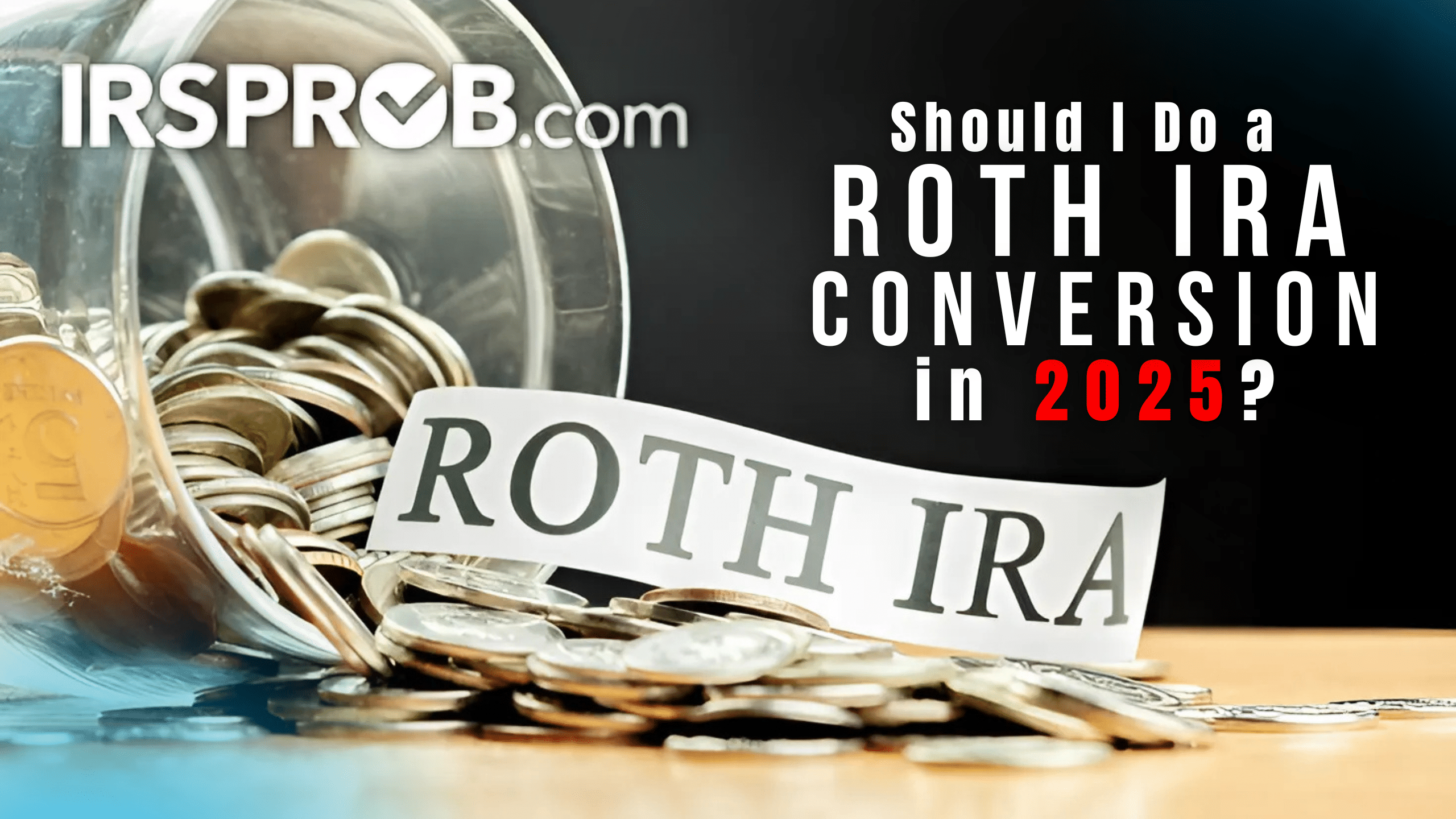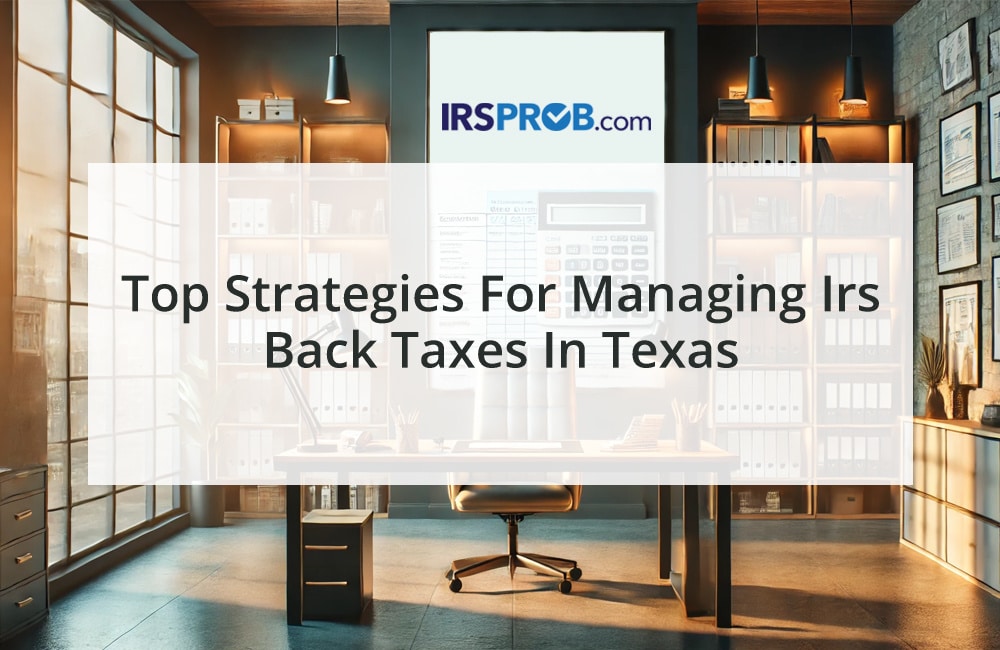
As we enter 2024, it’s crucial for business owners to stay on top of the latest tax updates and maximize their opportunities for tax efficiency. Here are the key federal tax facts and changes that every business owner should know, based on the latest figures for 2024.
1. 2024 Federal Tax Rate Schedules
The tax brackets for 2024 have slightly shifted, and understanding where your income falls can help you plan accordingly:
- Single filers start at a 10% tax rate for income up to $11,600, with the top rate of 37% for income over $609,351.
- Married couples filing jointly (MFJ) will experience the 10% rate for income up to $23,200, with a top rate of 37% for income over $731,201.
For business owners, this means you must carefully consider your business income, whether from an S Corporation, partnership, or sole proprietorship, and ensure you’re managing income flows and deductions to minimize tax liability.
2. Standard Deduction Increases
The standard deduction for 2024 has increased:
- Single or Married Filing Separately (MFS): $14,600
- Married Filing Jointly (MFJ): $29,200
- Head of Household (HOH): $21,900
For business owners, this increase can be beneficial, especially if you find that itemizing doesn’t provide a greater deduction.
3. Capital Gains and Dividend Income
If you’re selling business assets or receiving dividends from investments, the capital gains tax rates are:
- 0% for income up to $47,025 (single filers) or $94,050 (MFJ)
- 15% for income up to $518,900 (single filers) or $583,750 (MFJ)
- 20% for income over these amounts.
For long-term business investments, timing your sales could save you significantly in taxes.
4. Section 179 Deduction
Small business owners looking to invest in new equipment can take advantage of the Section 179 deduction, which allows businesses to deduct the full purchase price of qualifying equipment or software:
- Maximum deduction limit: $1,220,000
- SUV limits: $30,500
This is a powerful tool for those considering large investments in their business infrastructure, whether it’s new machinery, vehicles, or technology.
5. Retirement Plan Contribution Limits
For business owners, especially those who are self-employed, contributing to retirement accounts can be a key strategy for both retirement savings and tax savings:
- 401(k) deferral limit is now $23,000 (under 50), with a catch-up contribution of up to $30,500 for those aged 50 and over.
- IRA contributions are set at $7,000 for those under 50 and $8,000 for those 50+.
Offering a retirement plan to employees, such as a SIMPLE IRA or 401(k), not only helps reduce taxable income but also attracts and retains top talent.
6. 2024 Business Mileage Rates
If you’re using your personal vehicle for business purposes, don’t forget to deduct your mileage:
- Business mileage rate: 67.0¢ per mile
- Medical or moving mileage rate: 21.0¢ per mile
Proper tracking of business-related travel can lead to significant deductions, especially if you or your employees frequently drive for work-related purposes.
7. Qualified Business Income Deduction
For owners of pass-through entities, the Qualified Business Income (QBI) deduction can offer up to a 20% deduction on qualified business income. The threshold for this deduction in 2024 is $383,900 (MFJ) and $191,950 (single or HOH). Business owners should review their business structure to ensure they’re taking full advantage of this valuable tax break.
8. Net Investment Income Tax (NIIT)
High-income business owners will be subject to an additional 3.8% tax on investment income if their Modified Adjusted Gross Income (MAGI) exceeds:
- $200,000 for single filers
- $250,000 for joint filers
This includes income from rental properties, dividends, interest, and capital gains, so it’s important to keep this in mind when planning investments or property sales.
Additional Insights
Understanding Depreciation for Business Assets
As a business owner, understanding how to leverage depreciation is key to reducing your taxable income. Whether you’re investing in real estate or equipment, the 2024 rules allow for a strategic depreciation of assets, maximizing deductions over time.
For example, if you’ve purchased property for business use, you can benefit from unrecaptured Section 1250 gains at a 25% rate when you sell after holding it for more than a year. This is particularly relevant for real estate owners who want to optimize their capital gains tax strategies.
The Importance of Tax Planning
Planning is everything when it comes to taxes. Whether you’re preparing for retirement, purchasing new equipment, or even considering selling your business, proper tax planning can prevent you from overpaying and allow you to reinvest savings back into your business.
Conclusion
The 2024 tax year offers numerous opportunities for business owners to save, from higher standard deductions to significant savings on retirement contributions and business expenses. By staying informed and planning ahead, you can ensure you’re maximizing the benefits available to you under current tax laws.
At IRSProb.com, we specialize in helping business owners navigate these tax complexities. Reach out today for expert guidance on how to optimize your tax strategy for the coming year.









